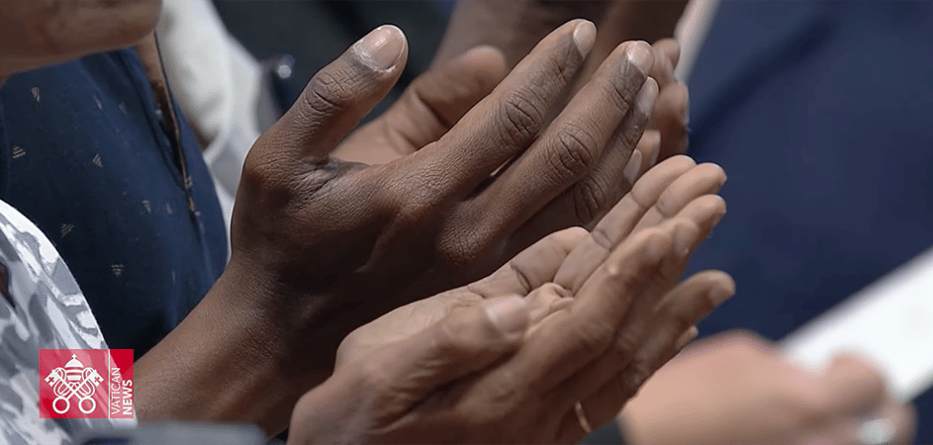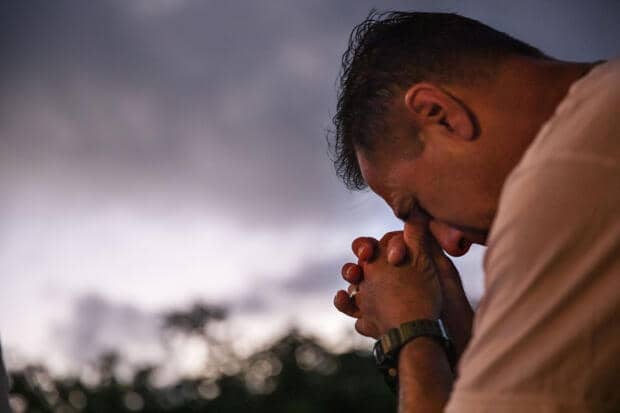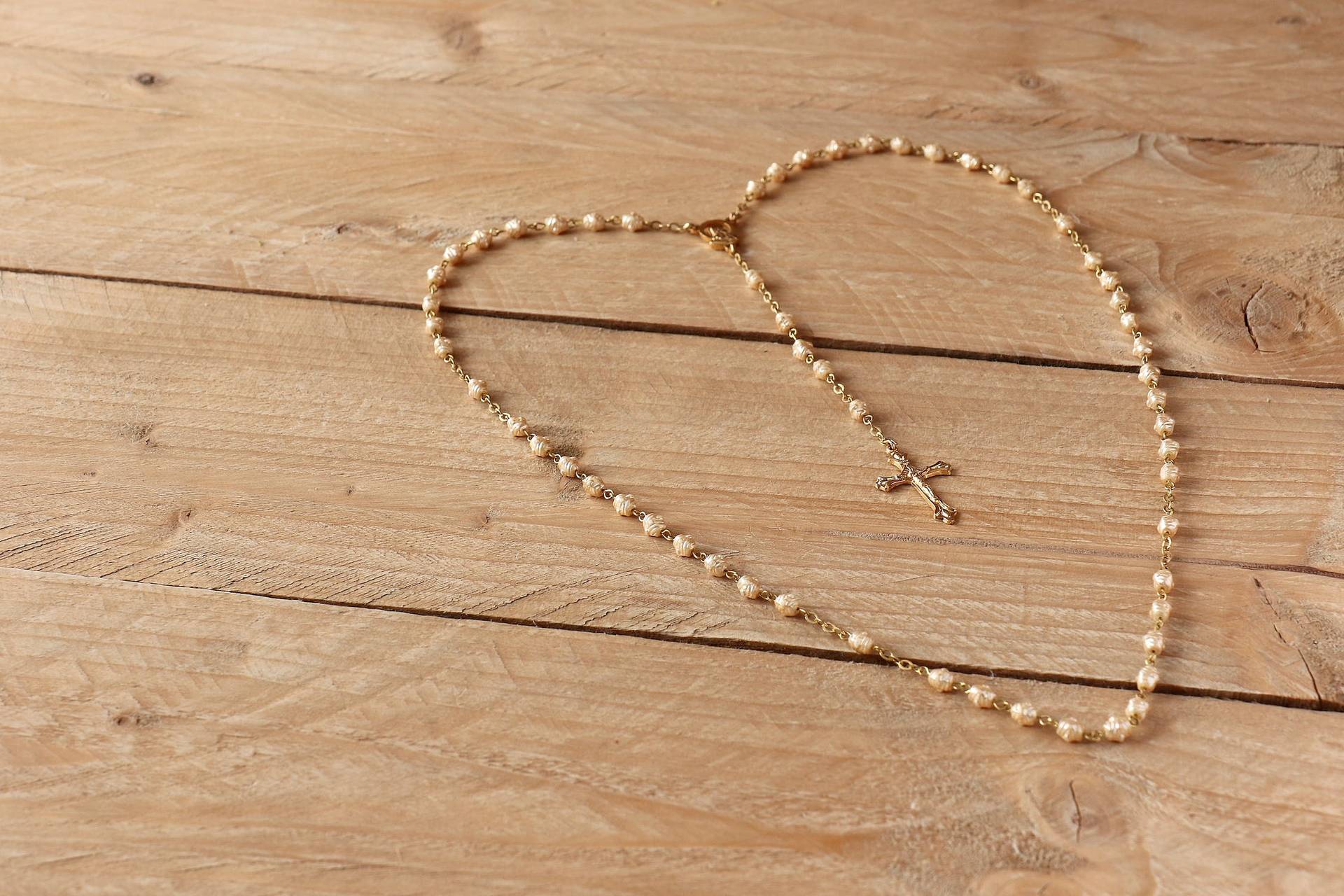[Editor’s note: Former U.S. Ambassador to the Holy See Francis Rooney, now a Florida congressman, recently made a Catholic argument for supporting the Trump administration in Crux. Here, another former Ambassador to the Holy See, Miguel Diaz, expresses a different perspective.]
Late at night the day after the election, I picked up a phone call from one of my sons. He called to share how he and his friends felt moments after the election had been called for Mr. Trump. There was an urgent and fearful tone to his voice that I have never sensed before from him.
It did not take long before we got right to the core of his concerns: “Dad, my friends and I are very worried. Some of us were crying last night and wondering if Mr. Trump would continue to say the kinds of hurtful things he has said about so many people and misuse his executive power now in ways that could inflict significant harm on others.”
He continued, “How can we be assured that our democratic structures will serve as a checks and balances on his exercise of power? He’s got so much money and now the power of the oval office.” “Dad,” he concluded in tears, “I told my friends about you and mom’s theological background and invited them to have some faith.”
Without a doubt this ranks as one of the most emotional, heavy, and thoughtful conversations I have had as a father. My son made me proud to be his father, and even prouder for the kind of human values that he and his college friends witnessed on the eve of the election.
I tried to reassure him that all would be well and that regardless of what we would face as a nation in the months ahead, enough voices would rise in our country and stand in solidarity to oppose any unjust actions by Trump or anyone in his administration.
Still, even as I reassured my son, I could not but worry about those other young lives, dreamers perhaps at various college campuses, who, unlike my son, could be facing deportation and the break-up of their family under a Trump administration.
Since this conversation, I have had many other similar conversations. Fear is running high, and concerns are real and widespread in our country. Just this morning on my way to the airport in Chicago, an African-American cab driver expressed to me that for the first time ever, his always-optimistic wife, has lost hope, and finds herself very depressed. He told me how this home situation was having a deep effect on his life.
Several students and colleagues have come to my office and expressed similar concerns. One student spoke to me about the trivialization of sexual harassment and verbal abuse of women that has occurred as a result of Trump’s much publicized words and actions.
I have also heard concerns coming from Muslim students, and their renewed fears that violations of religious freedom in the form of religious profiling and exclusionary social practices might increase in our nation.
Catholics cannot dismiss Trump’s words and actions in the past toward various communities as simply the kind of “locker-room” talk and action that some men have been socialized to practice. There is simply no justification for his inappropriate, unjust, and at times illegal conduct toward women, Latinos/as, the undocumented, Muslims, African-Americans, and the physically disabled.
Catholics must continue to raise questions with respect to the nature of political life and the kind of leaders that best align with our faith values.
In his address to Congress last year, Pope Francis invited us to think about our American political life and the kind of leaders we should support. Let me offer three key quotes from Pope Francis’s address and follow these quotes with some questions and comments we might seek to pose with respect to the coming Trump administration.
Speaking on the nature of political life and outlining the characteristics of a good political leader Pope Francis said:
“A good political leader is one who, with the interests of all in mind, seizes the moment in a spirit of openness and pragmatism. A good political leader always opts to initiate processes rather than possessing spaces (cf. Evangelii Gaudium, 222-223).”
“A political society endures when it seeks, as a vocation, to satisfy common needs by stimulating the growth of all its members, especially those in situations of greater vulnerability or risk. Legislative activity is always based on care for the people. To this you have been invited, called and convened by those who elected you.”
“All political activity must serve and promote the good of the human person and be based on respect for his or her dignity. ‘We hold these truths to be self-evident, that all men are created equal, that they are endowed by their Creator with certain unalienable rights, that among these are life, liberty and the pursuit of happiness’ (Declaration of Independence, 4 July 1776).”
“If politics must truly be at the service of the human person, it follows that it cannot be a slave to the economy and finance. Politics is, instead, an expression of our compelling need to live as one, in order to build as one the greatest common good: that of a community which sacrifices particular interests in order to share, in justice and peace, its goods, its interests, its social life. I do not underestimate the difficulty that this involves, but I encourage you in this effort.”
Surely, the pope’s vision of political life and leadership invites some critical questions for Catholics to ponder at this unprecedented moment in our nation’s history: Will Trump seek to occupy the privileged space of the oval office in self-serving ways or will he initiate just and mercy-filled processes to benefit all Americans, especially those in “situations of greater vulnerability?”
Will he hastily seek to abolish policies and executive actions undertaken under the Obama administration that have advanced core Catholic life values related to care of the earth, universal health care, and care of undocumented immigrants?
Will his proposed economic policies really benefit blue-collar workers who have been left behind, or will these policies further marginalize the dignity of these workers by increasing the disparity that exists in America between the rich and the poor?
And what about the much needed conversations on issues of justice, race, and ethnicity in our country? Will Trump listen to the cry of injustice in our streets and the unjust profiling and imprisonment of black and Latino/a lives?
What about victims of sexual harassment and sexual violence? How will he find ways to speak to women and men throughout this country who feel that he has undermined talk about the serious nature of sexual assault?
Similarly, how will he deal with the unjustified gun violence in our streets when he has at times joked about gun violence? As Catholics, we understand the creative and destructive power of words.
As a Cuban-American Catholic, I am also concerned about what will happen with the newly restored U.S.-Cuban diplomatic relationship. This new beginning in U.S.-Cuban relations was not only something that President Obama’s administration worked tirelessly to bring about, but as is well known, it is a diplomatic relationship that the Vatican, and especially Pope Francis wholeheartedly willed and promoted.
Will the changes coming to Washington produce a setback to this international relationship?
During my tenure as Ambassador, I remember a conversation I had with the papal nuncio, Archbishop Pietro Sambi, in which he reminded me that Catholics must always be pro-life. But he quickly added, “Mr. Ambassador, being pro-life means so much more than being pro-life in the womb!”
In our conversation on various life issues, Sambi was already anticipating Pope Francis’s integral ecology of life.
At its core, Pope Francis’s teaching has been about promoting this “integral ecology of life.” As his encyclical Laudato si’ made crystal clear, to affirm this ecology means to embrace the interdependence of all forms of life, and in a special and preferential way, to opt for the life of our impoverished earth and those lives who suffer most as a result of this impoverishment.
According to Pope Francis, if we wish to advance this integral ecology, we must be willing to practice the following things: 1) a culture of encounter, 2) the rejection of human indifference, 3) the option for the poor and marginalized, 4) care of our environment, and 5) an ethos that values persons over capital and rejects economies that kill human lives.
As I have suggested, the questions that I raised with respect to pending policies under the Trump administration are all questions related to defending and sustaining life. They are questions that have been raised within the context of Pope Francis’s ecology of life.
As Pontifex Maximus, he has invited the global community of nations to build bridges of understanding, rather than walls, for the sake of the common good. Catholics who stand for life must be open to engage this vision and foster political policies that best resonate with our Catholic values that affirm an integral ecology of life.
In no uncertain terms, the Christian tradition affirms that when we welcome and support life, especially and preferentially, vulnerable lives that come under threat, we welcome Christ in our midst. May this coming political advent be characterized as a time when Catholics welcome Christ in our country and resist policies that would undermine his presence.
For indeed, as St. Matthew reminds us in the great judgment of nations: “‘Lord, when did we see you hungry or thirsty or a stranger or naked or ill or in prison, and not minister to your needs?’ He will answer them, ‘Amen, I say to you, what you did not do for one of these least ones, you did not do for me.’”
Miguel H. Diaz holds the John Courtney Murray Chair in Public Service at Loyola University Chicago and is a former U.S. Ambassador to the Holy See under President Barack Obama.

















